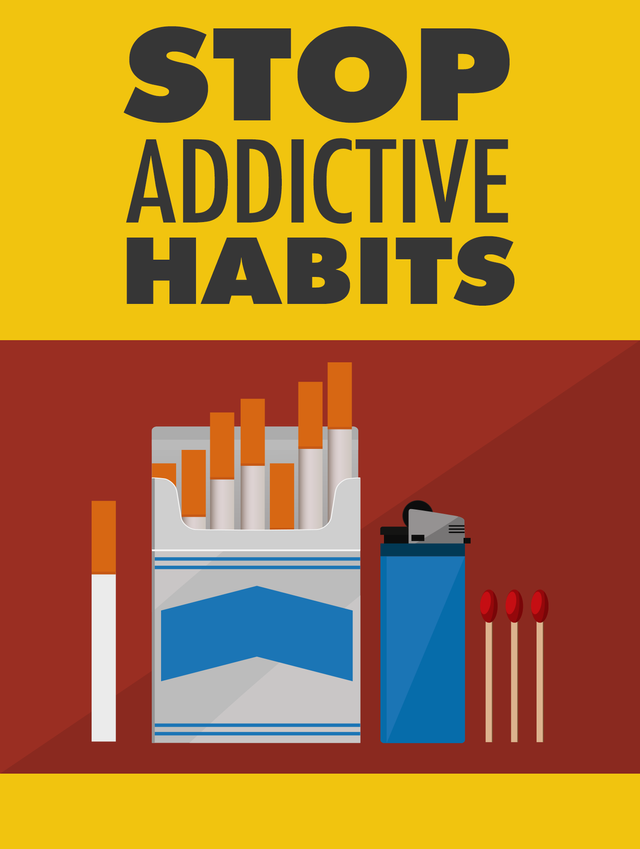Introduction

In today's fast-paced world, addictive habits have become a common struggle for many individuals. Whether it's smoking, excessive social media use, unhealthy eating, or substance abuse, these habits can have severe consequences on physical health, mental well-being, and overall quality of life. The good news is that with determination, support, and the right strategies, it is possible to break free from these detrimental patterns and embrace a healthier, more fulfilling lifestyle. In this article, we will explore the science behind addictive habits and provide practical tips to help you conquer and stop them.
Understanding Addictive Habits :
Addictive habits arise from the brain's complex reward system. When we engage in activities that bring pleasure or relief, the brain releases neurotransmitters like dopamine, creating a sensation of pleasure and reinforcing the behavior. Over time, this positive reinforcement strengthens the neural connections associated with the habit, making it difficult to break.
Various factors contribute to the development of addictive habits, including genetics, environment, stress, and coping mechanisms. These habits often act as coping mechanisms for stress, boredom, loneliness, or emotional pain, offering temporary relief. However, the long-term consequences can be harmful, leading to dependency, impaired decision-making, and a diminished sense of control.
